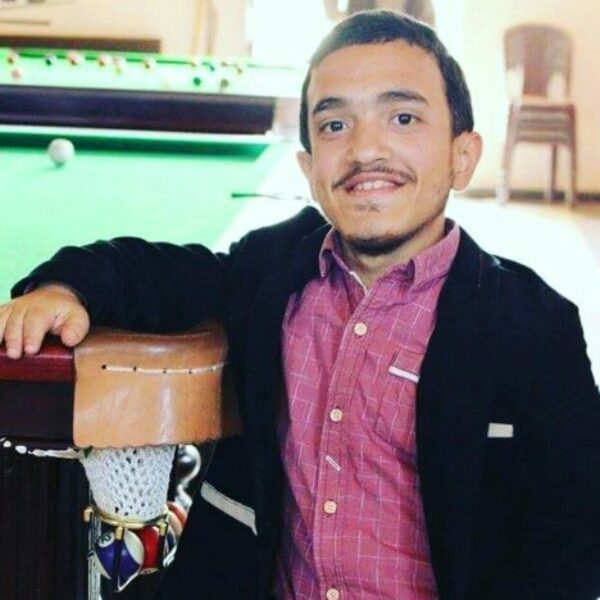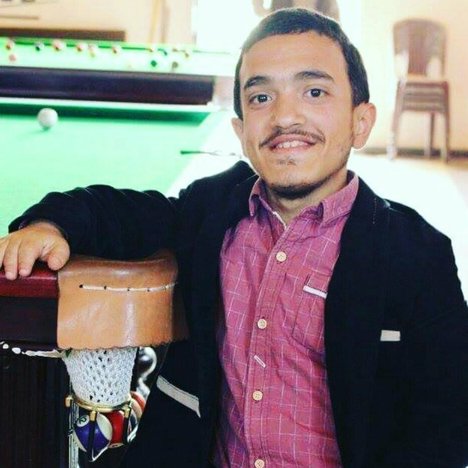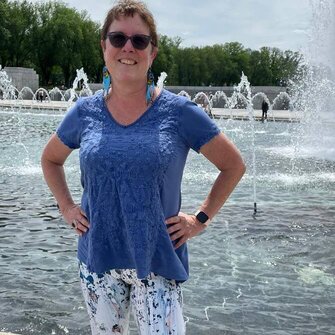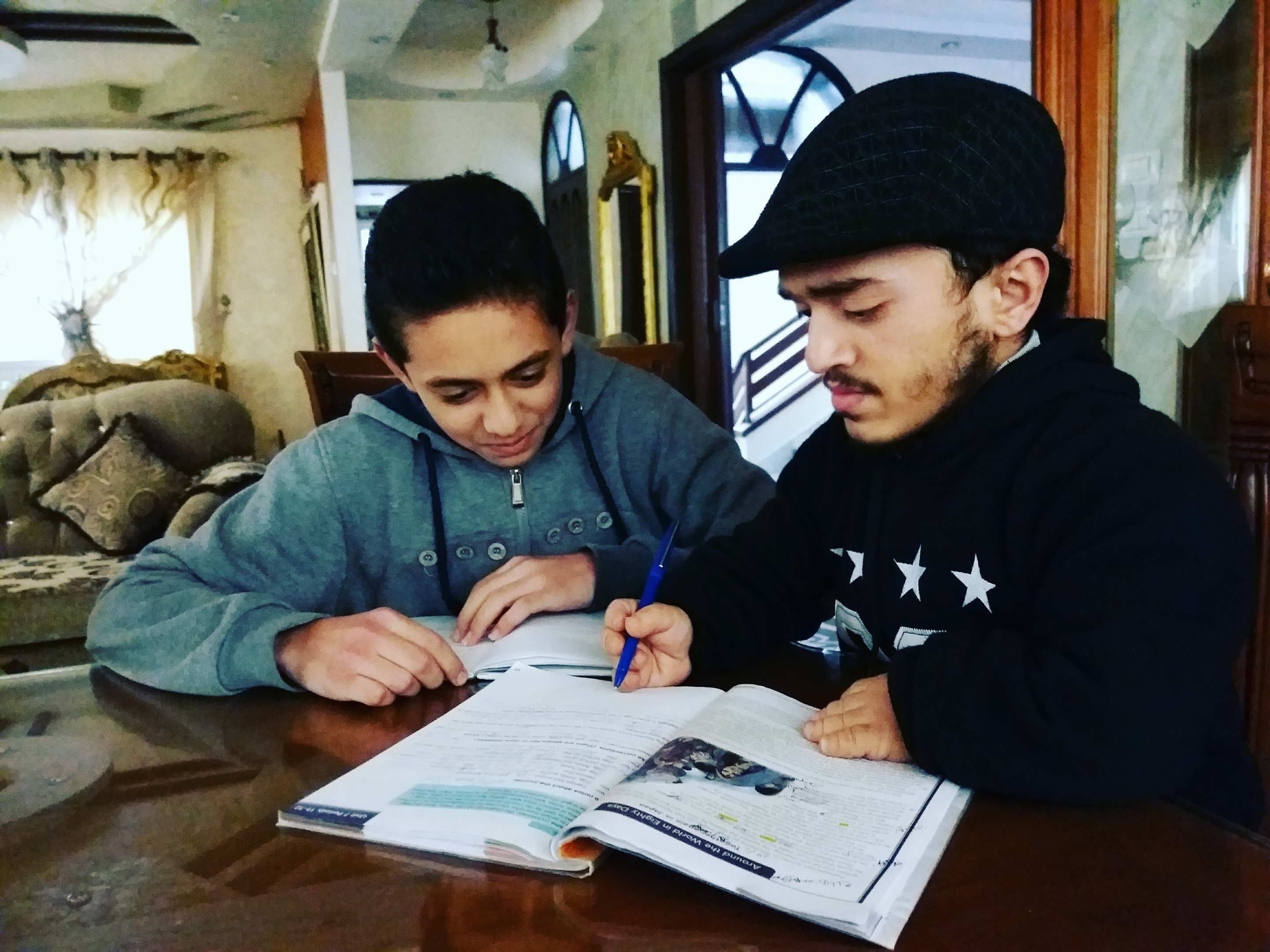
From the minute I was born, individuals around me responded to my presence with a sort of gasp: "Oh, God."
I am what is called—often pejoratively—a “dwarf.” Dwarfism, a mutation in the genes that affects bone growth, is defined as an adult height of 147 centimeters (4 feet 10 inches) or less. The average is about 122 cm; I’m 110 (3 feet, 6 inches). In other words, we’re short people. No big deal, right? Wrong. Height is considered a desirable quality around the world, and the Arab people are no exception. If you’re “different,” you’re often not accepted. (To put “us” into perspective, about 1 in 25,000 babies are born with the most common type of dwarfism.)
My family knew my life would be hard. And they quickly formed a close-knit network of support for me. My maternal granddad told my mom, "I couldn't care less how tall he is or will be; he’s my grandson and he’s lovely.”
But outside the home, it was another story.
I was born in the United Arab Emirates, where my family had moved from Gaza for my father’s job. My brother is a year older than me, and we often attended the same school. One day, another student shoved me onto the ground and my brother beat him up to protect me. That type of incident repeated itself over and over. My brother has been my defender from an early age; he made it possible for me to carry on with life.
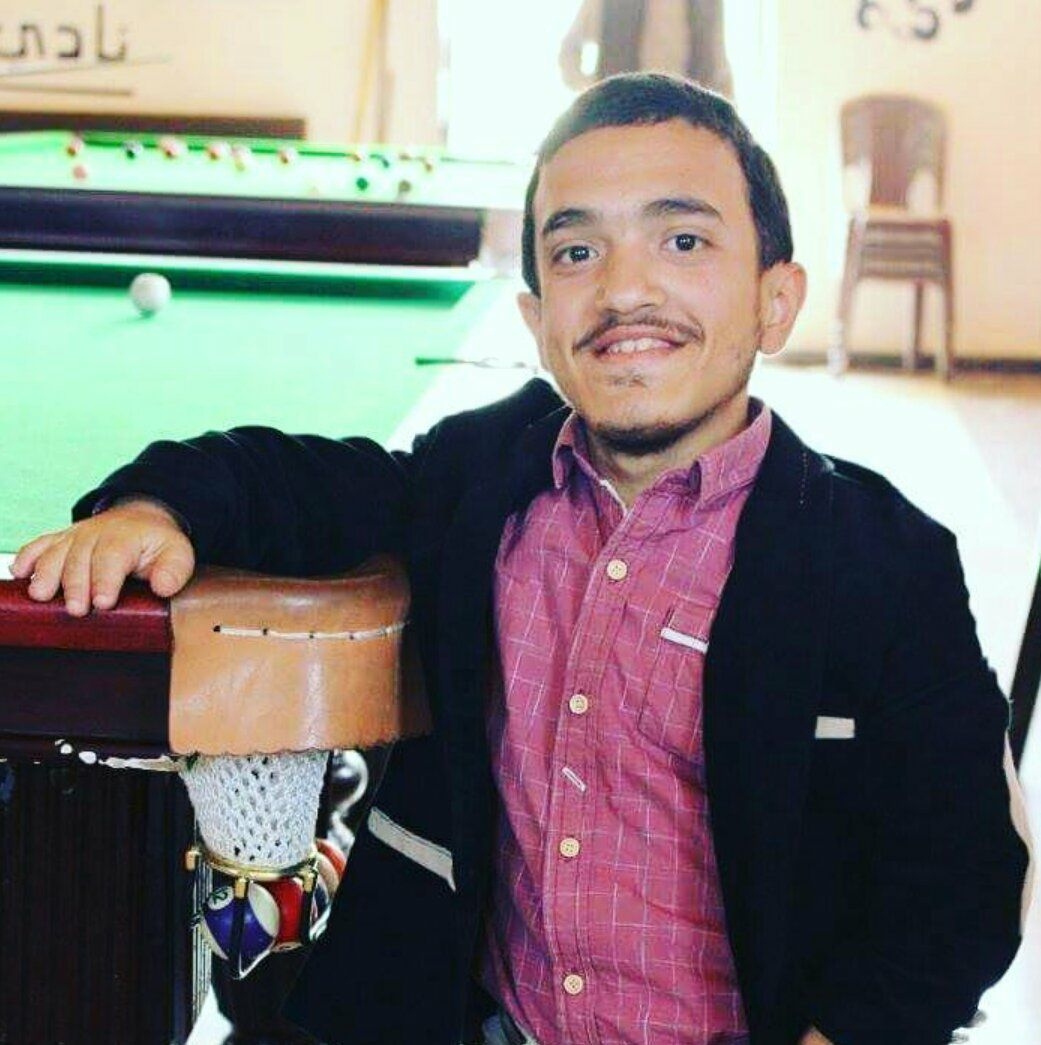
My parents did the same. When I was a child at school, no one wanted to be my friend because they thought I looked “weird.” My parents knew, though, that you have to fight ignorance with education. They came to school and talked to my classmates, explaining that I was just shorter but am normal in every other respect. Such education even was needed with my teachers. In the sixth grade, my mathematics teacher treated me like I was stupid and I came home every day depressed. My parents came to school to educate both the principal and the teacher.
When I was 12, we moved back to Gaza because the UAE no longer treated Palestinian workers well. At first, my life was better in Gaza; I was surrounded by even more loving family, and as an Islamic society, equal social treatment is a core value. But humans will be humans, and I encountered harsh treatment here as well. Living as a “little individual” is like being the principle fascination at a carnival. When I was younger, I would lay bets with myself when strolled in open places, wondering who would be the first to make fun of me. People always did. They held their hands over their mouths and snickered, either staring or turning away. I can read lips, though. I’ve had a lifetime of practice at reading lips, watching individuals mouth "dwarf." Sometimes, though, they don’t even try to conceal their mocking. One time, in a shopping center, somebody spotted me and urged his entire family to stand at the store window, chuckling and scoffing. My reality was a joke to them.
During those years in secondary school, I disguised my reaction to the torment by appearing stoic. But inside, I was crying and wanting to be another person.
A new, more positive chapter of my life began when I was 19 and entered university, studying for my bachelor’s in English literature. University life was like a dream. The people I met there were more intellectual and I found many new friends who accepted me easily. I became less introverted and more excited about life’s possibilities.
Of course, now, as a graduate, I am encountering the high unemployment of all youth in Gaza (as high as 70 percent), aggravated by discrimination against my shortness. Although Palestinian law requires 5 percent of employees for businesses and organizations to be disabled, the office in charge of this provision says enforcement is on hold as the two political parties (Hamas and Fatah) try to reconcile and form a unity government.
I am just a little individual struggling to succeed somehow in this life. I am not giving up. I have started my own English school in my home, offering language help to fifth through 12th graders in my community. Each week, I tutor three groups of four students each. They have such a will to learn!
I teach my students this foreign language so we can all raise our voices and be heard by the world.

